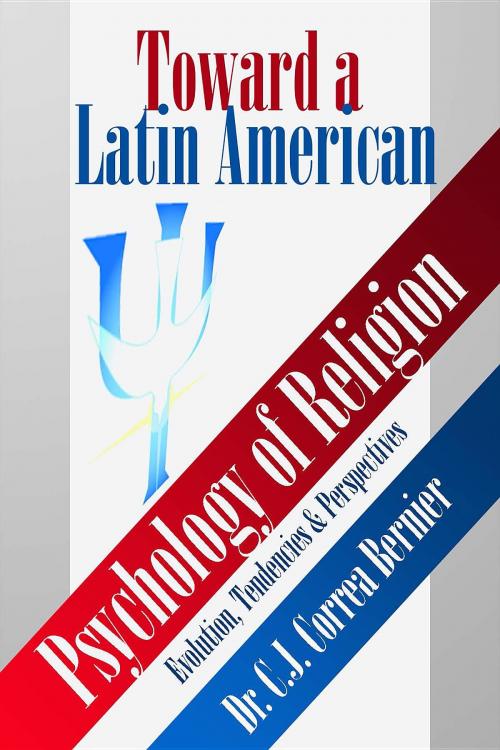Toward a Latin American Psychology of Religion
Evolution, Tendencies and Perspectives
Nonfiction, Religion & Spirituality, Reference, Psychology of Religion, Theology, Christianity| Author: | Carlos J. Correa Bernier | ISBN: | 9781684184095 |
| Publisher: | Conversemos, LLC | Publication: | September 1, 2016 |
| Imprint: | Conversemos, LLC | Language: | English |
| Author: | Carlos J. Correa Bernier |
| ISBN: | 9781684184095 |
| Publisher: | Conversemos, LLC |
| Publication: | September 1, 2016 |
| Imprint: | Conversemos, LLC |
| Language: | English |
The Psychology of Religion is a rapidly developing field that traces its beginning back to the 1902 ground-breaking publication of The Varieties of Religious Experience by United States psychologist William James. Unfortunately, this study is a long-overdue response to what seems to be a resounding Latin American “silence” in relation to the field of the Psychology of Religion. It has been a rude awakening to learn that no psychological theories have been utilized to explain individual and group religious history, evolution and tendencies from a Latin American perspective.
Toward a Latin American Psychology of Religion: Evolution, Tendencies, and Perspectives provides the reader with a proposal for an initial, landmark overview of the field of the Psychology of Religion from a Latin American perspective. Dr. Correa Bernier draws on a number of academic disciplines, such as philosophy, sociology, anthropology, religious studies, economics, political science, history and theology, in order to consider the different ways in which psychoanalysts and research psychologists approach the field of the Psychology of Religion. The working thesis for the book is that it is impossible to understand how the Latin American people think, as a whole and as individuals, without understanding how their religious beliefs drive their way of life. For Latin Americans, religion is less a way of believing and more a way of living.
The author focuses this thematic study on the most recent research findings, although relevant, older works are also considered, in order to provide definitions of key terms as well as a panoramic description of the socio-political context where the study is taking place. It also presents the dynamics that take place on the U.S. – México Border Region, where a particular concentration of Latin American families gather on their way to the United States.
The Psychology of Religion is a rapidly developing field that traces its beginning back to the 1902 ground-breaking publication of The Varieties of Religious Experience by United States psychologist William James. Unfortunately, this study is a long-overdue response to what seems to be a resounding Latin American “silence” in relation to the field of the Psychology of Religion. It has been a rude awakening to learn that no psychological theories have been utilized to explain individual and group religious history, evolution and tendencies from a Latin American perspective.
Toward a Latin American Psychology of Religion: Evolution, Tendencies, and Perspectives provides the reader with a proposal for an initial, landmark overview of the field of the Psychology of Religion from a Latin American perspective. Dr. Correa Bernier draws on a number of academic disciplines, such as philosophy, sociology, anthropology, religious studies, economics, political science, history and theology, in order to consider the different ways in which psychoanalysts and research psychologists approach the field of the Psychology of Religion. The working thesis for the book is that it is impossible to understand how the Latin American people think, as a whole and as individuals, without understanding how their religious beliefs drive their way of life. For Latin Americans, religion is less a way of believing and more a way of living.
The author focuses this thematic study on the most recent research findings, although relevant, older works are also considered, in order to provide definitions of key terms as well as a panoramic description of the socio-political context where the study is taking place. It also presents the dynamics that take place on the U.S. – México Border Region, where a particular concentration of Latin American families gather on their way to the United States.















